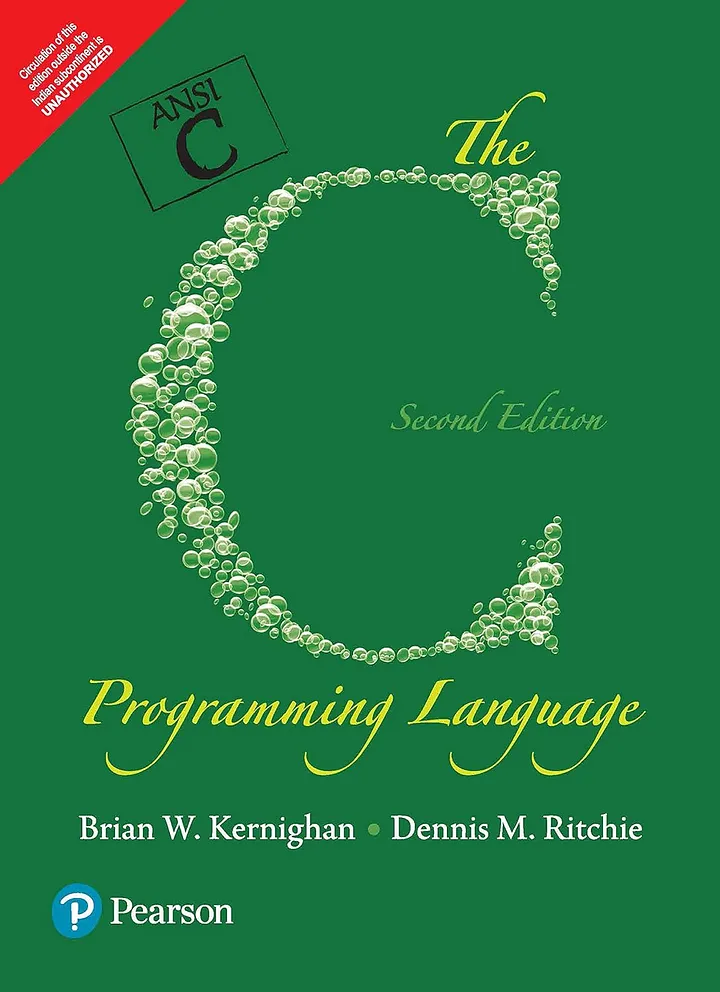
Dennis Ritchie, born on September 9, 1941, in Bronxville, New York, is a name that resonates deeply in the world of computer science, though not always with the recognition it deserves.
Ritchie’s journey into the realm of computing began with a strong academic foundation. He pursued mathematics and physics at Harvard University, but it was his exposure to the early days of computer science that set the stage for his later groundbreaking contributions.
After graduating, Ritchie joined Bell Labs in 1967, a place that would become the crucible for some of his most significant work. Here, amidst a culture of innovation and collaboration, he began to lay the groundwork for what would become the C programming language and the Unix operating system — two pillars that have shaped modern computing.
Achievements: C Programming Language and Unix Operating System

Dennis Ritchie’s most enduring contributions to computer science are the C programming language and the Unix operating system. The C language, which he co-created with Brian Kernighan, was developed in the early 1970s. Its design focused on simplicity, portability, and efficiency, making it an ideal language for system programming. C quickly became the lingua franca of operating systems and embedded systems, influencing countless other languages, including C++, Java, and Python.
The Unix operating system, which Ritchie developed alongside Ken Thompson, revolutionized how operating systems were built and interacted with. Unix introduced concepts like multitasking, the hierarchical file system, and the shell, many of which are still fundamental to modern OS design. Unix’s modularity and portability allowed it to be adapted across various hardware platforms, contributing to its widespread adoption and the rise of Unix-like systems, such as Linux.
Challenges: The Road to Innovation

The path to these achievements was far from straightforward. Developing C and Unix required navigating numerous technical challenges and overcoming skepticism. When Ritchie and his colleagues at Bell Labs began working on Unix, the dominant operating systems were complex and monolithic. The idea of creating a simpler, more modular system was met with resistance. Similarly, C’s development involved refining language features and ensuring that it could be efficiently compiled and executed on different hardware architectures.
Ritchie’s work was often a process of trial and error. Debugging early versions of Unix and C was a meticulous task, requiring patience and a deep understanding of both hardware and software. Yet, it was through this iterative process that Ritchie and his team were able to create tools that not only worked but also set new standards for the industry.
Curiosities: Lesser-Known Facts About Dennis Ritchie

Despite his monumental contributions, Dennis Ritchie remained a humble and somewhat private figure. One interesting fact about Ritchie is his love for language, not just programming languages but natural languages as well. He was known for his wit and enjoyed exploring the nuances of words, often making clever puns.
Ritchie’s contributions were not always immediately recognized by the broader public. It wasn’t until after his death in 2011 that many people began to fully appreciate the depth of his impact. In fact, his passing came just a week after Steve Jobs, and it was somewhat overshadowed by the media coverage of Jobs’ death. However, within the tech community, Ritchie’s legacy has only grown stronger with time.
Dennis Ritchie’s work has undoubtedly left an indelible mark on the tech world. As we reflect on his contributions, it’s worth asking: How do you think modern software development would look without C and Unix? Have you ever written code in C or used a Unix-based system? What challenges do you think modern innovators face that parallel those encountered by Ritchie?
Conclusion: A Legacy That Endures
Dennis Ritchie may not have sought the spotlight, but his work continues to illuminate the path for generations of programmers. The principles he championed — simplicity, efficiency, and modularity — are as relevant today as they were when he first introduced them. As we navigate the ever-evolving landscape of technology, Ritchie’s legacy reminds us that even the most complex systems can be built on simple, elegant foundations.
In what ways do you think we can continue to apply Ritchie’s principles to the challenges of today and tomorrow?
If you liked this content I’d appreciate an upvote or a comment. That helps me improve the quality of my posts as well as getting to know more about you, my dear reader.
Muchas gracias!
Follow me for more content like this.
X | PeakD | Rumble | YouTube | Linked In | GitHub | PayPal.me | Medium
Down below you can find other ways to tip my work.
BankTransfer: "710969000019398639", // CLABE
BAT: "0x33CD7770d3235F97e5A8a96D5F21766DbB08c875",
ETH: "0x33CD7770d3235F97e5A8a96D5F21766DbB08c875",
BTC: "33xxUWU5kjcPk1Kr9ucn9tQXd2DbQ1b9tE",
ADA: "addr1q9l3y73e82hhwfr49eu0fkjw34w9s406wnln7rk9m4ky5fag8akgnwf3y4r2uzqf00rw0pvsucql0pqkzag5n450facq8vwr5e",
DOT: "1rRDzfMLPi88RixTeVc2beA5h2Q3z1K1Uk3kqqyej7nWPNf",
DOGE: "DRph8GEwGccvBWCe4wEQsWsTvQvsEH4QKH",
DAI: "0x33CD7770d3235F97e5A8a96D5F21766DbB08c875"